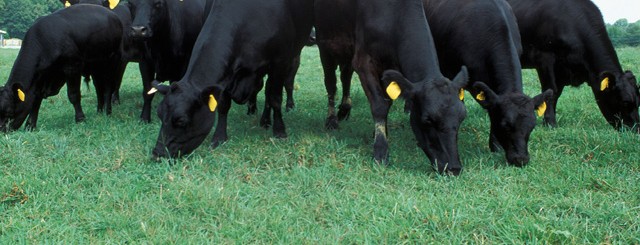Climate and Ag in the news
-

Weather observations are the backbone of understanding the climate system. The earliest modern weather observations in the United States were taken by surgeons in the forts scattered around the country. Later in the 1800’s, volunteer observers worked for the Smithsonian to collect weather measurements. Now, there are many different types of weather and climate observations…
-

I subscribe to Walter Reed’s newsletter, The Georgia Gardener, and was interested to read his recent article on crabgrass prevention and how it is tied to climate data. For years he has recommended putting down pre-emergent herbicide for crabgrass in Atlanta on March 15 based on a combination of long-term climate statistics and gut feelings.…
-

After any winter storm, armchair meteorologists complain about how bad the forecast was, how the National Weather Service and broadcast meteorologists blew it, and how disappointed they are. Dr. Marshall Shepherd, UGA Geography professor, put together this side-by-side comparison to show that in this very tricky situation, the NWS did a fantastic job of getting…
-

The EDEN Wednesday blog posting linked to a great article by Tom Skilling of WGN in Chicago describing more about the current weather pattern that has been affecting weather across the country. Tom is one of the premier meteorologists in media today, and his blog posting does a great job of explaining the current climate…
-

I want to take a minute today to recognize colleague and friend Julia Gaskin from UGA for being honored at the Georgia Organics annual meeting last weekend for her work, along with long-time Athens resident Eric Wagoner, on sustainable agriculture in the state of Georgia. These folks epitomize the use of good stewardship and care…
-

The Washington Post posted an article yesterday discussing grass-fed beef and how production methods affect the balance of greenhouse gases like methane. Since cows produce methane as part of the digestion process, and methane can increase global warming by absorbing infrared radiation being given off from the Earth, this is an important question. But it…
-

AgWeb published a story today on predictions that farmers in the northern part of the country may face delays in spring planting due to the winter conditions this year. The maps below show the 60 day departures from normal for temperature (left) and precipitation (right) from the High Plains Regional Climate Center. The combination of…